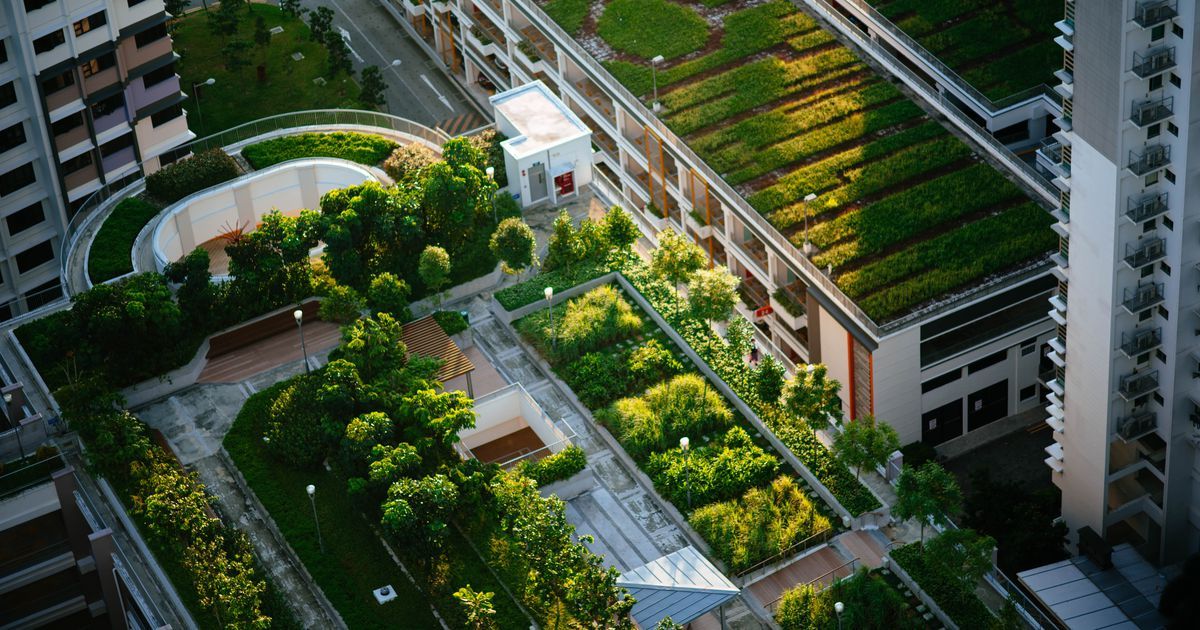Eco-consciousness is a hot trend. It’s become common occurrence to see shoppers with reusable grocery totes at the supermarket. Bamboo straws are flying off shelves as people opt for eco-friendly products. Urban gardening and composting, too, has taken root as consumers try to minimize their carbon footprints.
These small actions are encouraging first steps, but they’re not enough when it comes to tackling agricultural contributions to climate change. Strong-worded warnings from the UN’s Intergovernmental Panel on Climate Change (IPCC) detail the potential for climate disasters to worsen if modern consumption patterns don’t change — and soon.
There’s evidence that reimagining urban environments’ food systems might help reduce carbon emissions. With more than 60% of the global population expected to live in cities by 2030, urban agriculture might be one piece of the puzzle for reducing strain on city resources. The practice typically involves growing food in smaller, city environments such as on rooftops, apartment balconies, or even walls.
